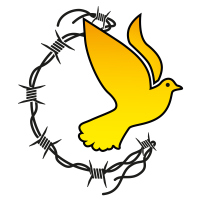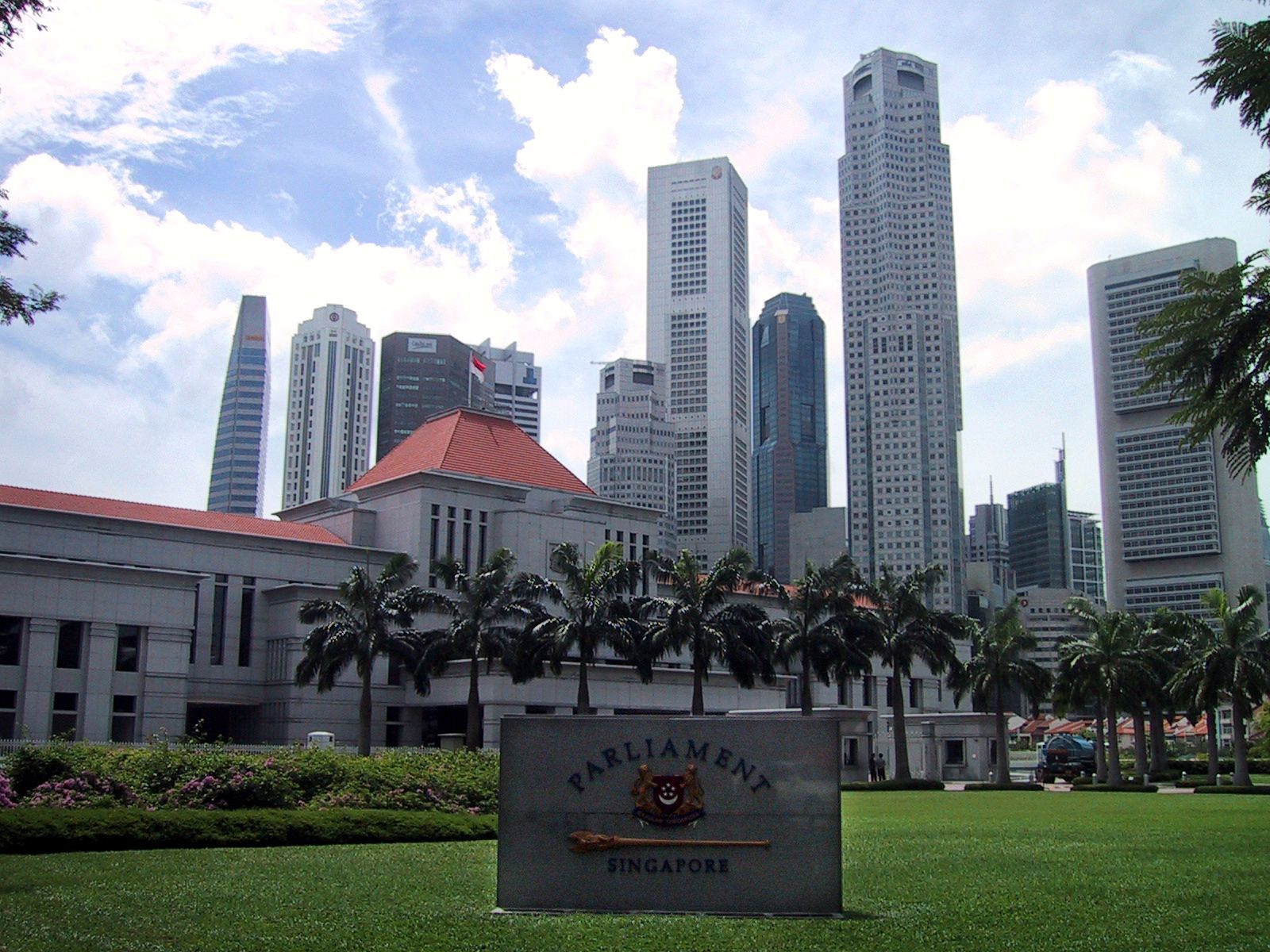By Sumedha Jalote, Communications Executive, AWARE
The Social and Family Development Ministry stated recently that the Government provides support and benefits for the care and development of all Singaporean children, regardless of their mother’s marital status.
This is despite the disparity in entitlements for married and unwed mothers in areas such as housing, childcare and maternity leave. (“Withholding childcare benefits only penalises single parents”; Nov 11)
While the ministry distinguishes between support for children and incentives to encourage childbirth within marriages, the social and economic impact of these policies is to place some children at an advantage and others at a disadvantage.
In practice, the support enjoyed by children for stable lives depends on their mothers’ marital status.
Importantly, these disparate benefits relate to essentials such as shelter and the ability of mothers to reconcile their families’ livelihood with their parental responsibilities at home.
The sense that some, but not all, families are meaningfully included as part of our society is exacerbated by the sometimes harsh and alienating language used by government agencies in communication with single parents.
Recently, a single mother wrote to the Association of Women for Action and Research regarding a letter she had received from the Inland Revenue Authority of Singapore.
The letter, rejecting her claim for tax relief, emphasised that this relief was only for a child defined as a legitimate child, stepchild or legally adopted child.
It stated that the tax reliefs are meant to encourage family formation in the context of an intact and complete family. The mother found this language from an authority to be disappointing.
We should reconsider the classification of children as legitimate or illegitimate, or language implying that some families are broken or incomplete.
These labels stigmatise children for their parents’ circumstances and do not do credit to the familial bonds in single-parent households, which are as valuable as those in any other kind of family.
A mother is a mother, regardless of marital status, this woman told us. The Government should give all parents the support they need, instead of causing them to feel that they are not valued.
This letter was first published in TODAY Voices on 14 November 2014.











